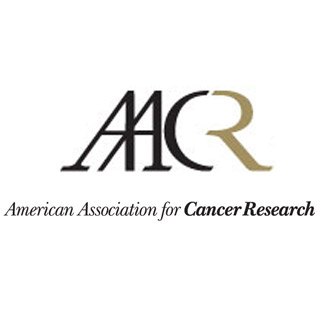
Two capture mechanisms were supposedly put to use for identifying CTCs on the basis of antibody affinity and size. Having employed both technologies at the same time, experts claimed to have captured a significant number of CTCs than either technology alone. With the help of a human breast cancer cell model, the On-Q-ity C5 detected greater number of CTCs. 65 percent of the cells were seemingly captured as compared to 45 percent of captured cells with the size-based method and 16 percent with antibody affinity.
Gary Palmer, M.D., chief medical officer of On-Q-ity, Inc., Waltham, Mass., added, “It made sense that using both capture methods would be more efficient than either alone. Some CTCs are smaller and often avoid size capture. Other CTCs have less antigen expression and can also avoid antibody affinity capture. Our dual capture platform provides a better system to ensure that fewer CTCs will be lost.â€
Since capturing a greater number of CTCs by both mechanisms is possible, health care providers can be provided with better information. An easier, quicker and more precise diagnosis, treatment prediction and prognosis may be given to patients subjected to both the mechanisms. On-Q-ity is employed for further investigations to affirm the benefits of capturing these CTCs in clinic. Researchers are aiming to make the processing more sensitive and easier to use for patients including those who are in late-stage breast cancer and colon, prostate and lung cancers.
The research was presented at the Fourth AACR International Conference on Molecular Diagnostics in Cancer Therapeutic Development.
